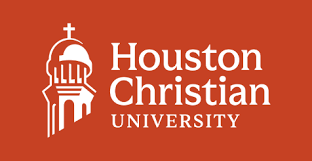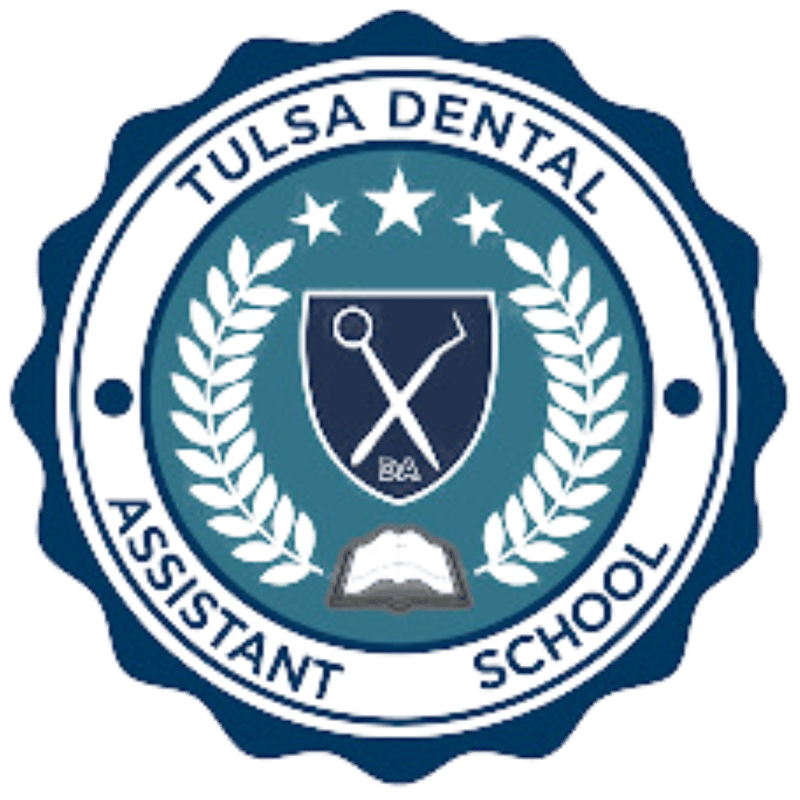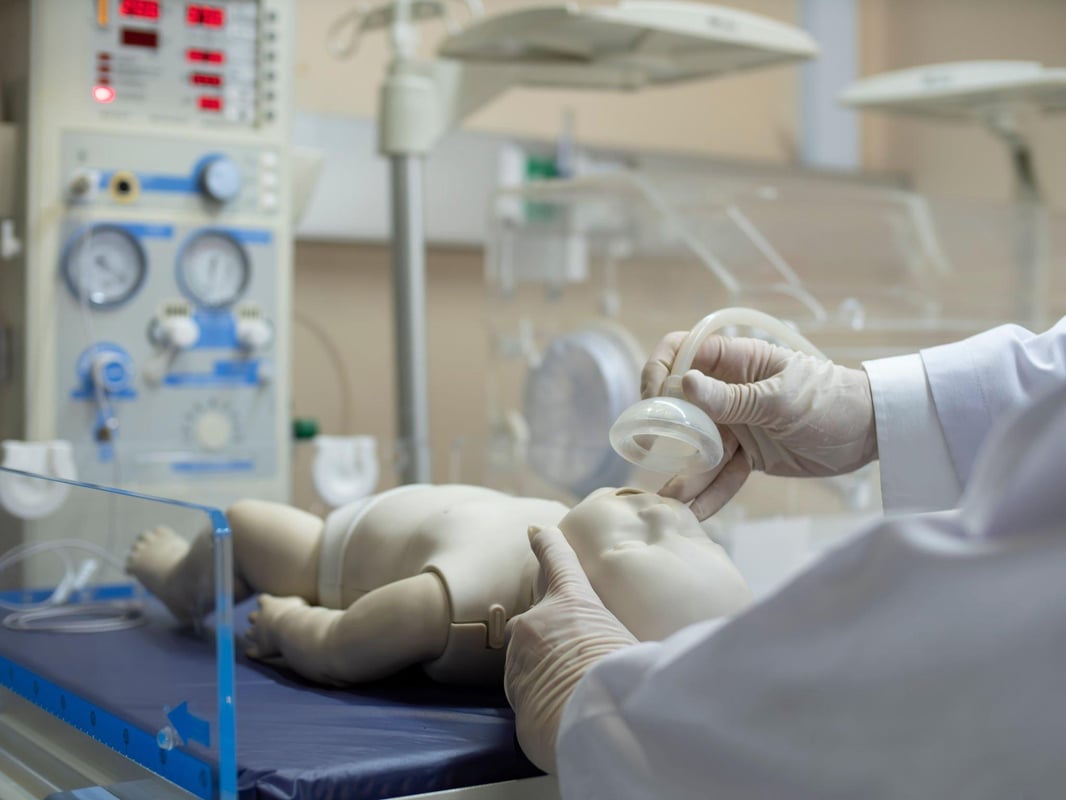
Financial aid (may be available)

Financial aid (may be available)

Financial aid (may be available)

$1,450 to start
$3,650 total
$276 total
$2,075 total
$270 total
$410 total
$365 total
$150 total
No cost info
$285 total
$150 total
No cost info
For those interested in the medical field, specifically in pediatrics, Pediatric Advanced Life Support (PALS) is a critical certification. This blog post aims to guide students in Tulsa looking for PALS classes and offer insights on what to expect from these courses. We'll delve into the nature of PALS, the training requirements, tips on selecting the right class, and what a typical class day looks like.

PALS is a clinical life-saving protocol designed for healthcare professionals to stabilize and treat critically ill children and infants. The certification enables practitioners to make vital decisions in high-pressure emergency situations. PALS is often a requirement for healthcare professionals working in areas like emergency medicine, intensive care, and critical care units.
Before enrolling in a PALS class, students must have:
Basic Life Support (BLS) certification: This is a prerequisite as PALS is an advanced course that builds on the fundamentals of BLS.
Proficiency in ECG Rhythm Interpretation: PALS often involves the use of ECG (Electrocardiogram) equipment.
Understanding of Pediatric Pharmacology: As a PALS provider, you will need to administer appropriate medications.
While these requirements might seem extensive, they are necessary for the intensive nature of PALS.
Choosing the right PALS class is crucial for your success in the program. Here are a few factors to consider:
Accreditation: Ensure the course is accredited by recognized bodies like the American Heart Association (AHA).
Course Content: The course should cover all aspects of PALS, including pediatric assessment, basic life support, effective resuscitation, and team dynamics.
Experienced Instructors: Experienced instructors can provide real-world insights and practical knowledge to help you excel.
PALS classes typically involve a combination of theoretical learning and practical simulation exercises. Students can expect:
Lectures: These cover essential topics like pediatric emergencies, cardiopulmonary algorithms, and post-resuscitation care.
Simulation Training: This practical training allows you to practice cardiopulmonary resuscitation (CPR), defibrillation, and airway management.
The PALS certification process involves the completion of the course, followed by an evaluation. This evaluation often consists of a written examination and a skills test to assess your ability to apply what you've learned in real-life scenarios.
After acquiring your PALS certification, you can explore related job roles in healthcare, such as pediatric nurses, pediatric emergency physicians, and pediatric respiratory therapists. To find these job opportunities, you can visit various job portal websites or use platforms like Dreambound, where you can find a broad range of vocational training programs.
Once you become PALS certified, you might be interested in additional certifications to further enhance your skills and knowledge. These can include:
Advanced Cardiac Life Support (ACLS): This certification is similar to PALS but focuses on adults.
Emergency Nursing Pediatric Course (ENPC): This course provides specialized knowledge in pediatric emergency nursing.
Continuous learning is crucial in the healthcare field. New research and techniques are constantly emerging, and staying updated is key to providing the best care possible. Regularly enrolling in relevant courses and attending seminars and workshops can help you stay at the forefront of your profession.
Having PALS certification offers numerous benefits:
Increased Employability: Many pediatric healthcare roles require PALS certification, making you a more attractive candidate.
Enhanced Skills: The training enhances your ability to respond to pediatric emergencies effectively.
Professional Development: The certification contributes to your professional growth and development in the healthcare profession.
Tulsa offers a vibrant healthcare landscape with numerous hospitals and healthcare facilities. PALS certified professionals have ample opportunities to make their mark in this city's healthcare industry.
PALS certification is an important milestone for healthcare professionals specializing in pediatrics. It equips them with the essential skills to handle pediatric emergencies and significantly contributes to their career growth. So, whether you're in Tulsa or anywhere else, consider enrolling in a PALS class today.
For more information on vocational training programs in Oklahoma, you can check out How to Become a Respiratory Therapist in Oklahoma and How to Become a Certified Medication Aide in Oklahoma.
For those looking to get started in this field, Dreambound's array of city-specific guides can be a valuable resource. And if you're in a different area or mulling over a move, don't miss out on our other helpful guides.
Thinking about a potential career transition? Dreambound has detailed guides to help you with making informed decisions.
Dreambound's platform allows prospective students to find the right educational program for them through searching, filtering, and connecting with our extensive selection of career & technical education partners.
Dreambound has over 70 programs across healthcare, technology, business, and industrial trades. This includes programs such as Medical Billing, Cybersecurity, and welding.
Some of our schools offer financial aid for those who qualify. Many others offer payment plans, where you can pay the cost of class over time.
Yes, Dreambound offers many online programs. On Dreambound's search, you can filter by online, in-person, and hybrid (part online, part in-person).
Dreambound is completely free for you to use! We are supported by schools and organizations who pay to advertise on our website, so we can offer all of our career resources for free.